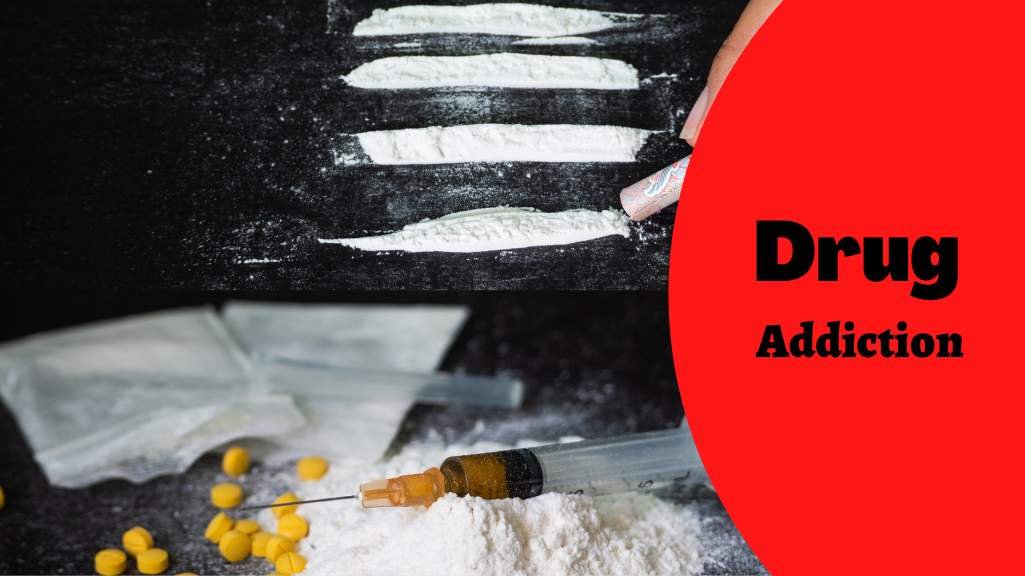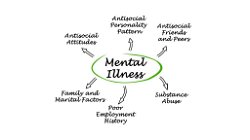Rising Substance Abuse in Adolescents and Young Adults
Adina Anderson
. 3 min read
It is possible for a person to develop a substance use disorder at any point in their lifetime; however, adolescents and students in higher education settings are at a greater risk of developing an addiction to alcohol or drugs. We will discuss the prevalence of substance abuse among adolescents and young adults, the factors that contribute to its occurrence, and the means by which a student who is struggling with addiction can receive assistance.

How prevalent is the use of substances among students?
It is not unusual for adolescents and college students to try out various substances, including alcohol and drugs. According to the National Institute on Drug Abuse (NIDA), by the time young people reach their senior year of high school, seventy percent of them will have tried alcohol. This is despite the fact that addiction statistics for various groups show that substance use and misuse can occur at any age. Half of them will have tried some kind of illegal drug. Forty percent will have at least one cigarette in their history. Twenty percent will report having used a prescription drug for non-medical or recreational purposes at some point in their lives.
Rise in Substance Abuse among Younger Students: A Look at Recent Trends
When compared to the previous academic year, the sixth- to eighth-graders in the 1996-1997 school year showed an increase in their monthly use of marijuana, cocaine, stimulants, sedatives, hallucinogens, and heroin. This increase was seen in comparison to the previous academic year. On the other hand, there was no discernible rise in the amount of drugs that were used by high school students for the first time since the 1991–1992 academic year. The most recent findings from the 23rd national survey conducted as part of the Monitoring the Future research project at the University of Michigan demonstrated that, despite the fact that marijuana use is on the rise among older adolescents.
Recognizing the Signs and Symptoms of Drug Addiction
Some of the signs or behaviors of drug addiction are as follows, among others. Having the feeling that you need to use the drug frequently, such as on a daily basis or even multiple times per day. Having intense cravings for the drug to the point where they prevent one from having any other thoughts. As time goes on, increasing amounts of the drug are required to achieve the same effect.
Factors Contributing to Drug Abuse among Young People
The pattern of drug abuse among young people is determined by a number of different factors that range from environmental vulnerability to genetic predisposition. Younger people, particularly adolescents, are especially susceptible to the influence of their peers.
- The fact that drugs are readily available and not difficult to obtain is one of the primary reasons why young people start using them.
- Young people, both boys and girls, in the name of seeking pleasure and experimenting with new methods, try their hand at these drugs.
- Some people only do it to demonstrate to their peers that they are courageous enough to attempt it.
- Other people find it relaxing and feel that they can forget the stress of academic uses or interpersonal uses once they begin using them on a regular basis.
- Experimentation the maturation of the human brain does not occur until around the age of 25.
- A lack of education leads some children, teenagers, and young adults to believe that the use of drugs and alcohol is acceptable behavior.
Preventing Drug Abuse in Children and Young Adults
Teach your child the ground rules and expectations that everyone in the family has for one another. Remind them that they should avoid getting into a vehicle with an intoxicated driver and that they should also avoid staying at a party where drugs are being used. If your rules are broken, enforce appropriate consequences. Maintain a record of prescription medications in the home Conduct a thorough search of your residence to compile a list of all prescription and over-the-counter medications, then store them in a secure location.
The Importance of Parental Role in Preventing Substance Abuse in Children
Children are subject to the most significant level of influence from their parents. There is no way for you to know for sure that your child will not experiment with illegal substances, but you can make it much less likely for them to do so by providing them with direction and firm guidelines against doing so. Invest some of your time in your child. Do not indulge in the use of tobacco or any other drugs.
More Stories from
The Role of an Orthopedic Surgeon in Modern Medicine
This article provides an insightful overview of orthopedic surgeons and their significant contributions to modern medicine.
Managing Mental Illness: Tips and Treatments for Depression, Anxiety, and Panic Disorder
This article discusses the significance of mental health and common mental illnesses such as depression, generalized anxiety disorder, and panic disorder.
Advancements in Medical Technology: Improving Healthcare Access
Embrace the future of healthcare with these advancements, fostering a more inclusive and accessible healthcare system for all.
Cognitive Enhancers: The Ethics and Implications of Brain-Boosting Drugs
Explore the ethics and implications of cognitive enhancers, also known as "smart drugs," that promise improved cognitive abilities.
The Versatile Guava: A Fruit with a Multitude of Uses
From its delightful taste in culinary creations to its potent health benefits and skincare properties, guava has become a beloved fruit worldwide.











.png?width=40&aspect_ratio=1:1)
